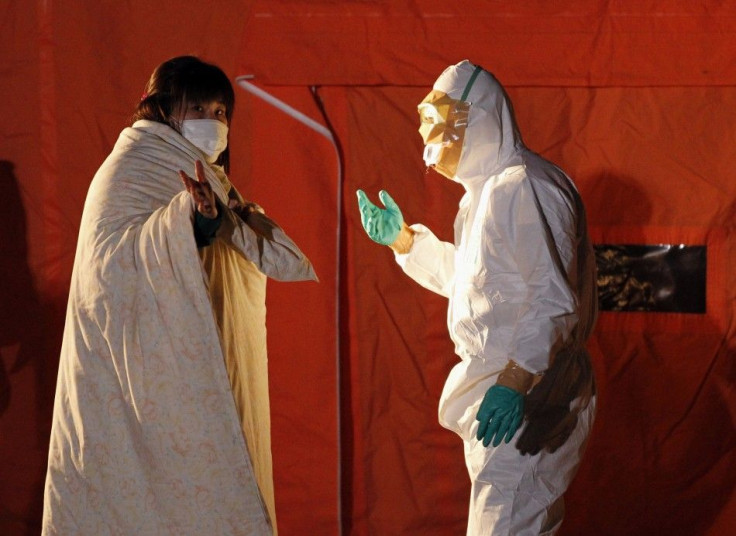Critics question Japan’s nuclear safety policy

The massive earthquake in the Japan and the vulnerability of its nuclear energy sector has raised serious questions about the nation’s preparedness for such a catastrophe and its basic nuclear policy.
Many wonder why a nation as earthquake-prone is so committed to nuclear energy.
Quake-related damage at the Fukushima No. 1 nuclear power plant in northeastern Japan – the epicenter of the disaster – forced government and energy officials to evacuate local people and apply emergency response procedures.
The March 2011 disaster was not the first calamity to damage Japan’s nuclear power grid.
Japanese government established new laws to cope with nuclear emergencies in September 1999 after an accident at a uranium processing facility in Tokai killed two workers who were handling uranium fuel that went critical.
The new law, The Special Act of Emergency Preparedness for Nuclear Disaster, became effective the following year and laid out specific procedures for such a catastrophe and the corresponding responsibilities of various government officials,
However, antinuclear activists point out serious flaws in Japan’s emergency response system.
In this seismically-active country, the government refuses to draw up emergency plans taking into account nuclear accidents due to earthquakes,” Aileen Mioko Smith, director of Green Action, a Japanese citizens organization which is campaigning to stop the country's plutonium program.
“There is no emergency plan to protect the public when there is both an earthquake and a nuclear accident,
The Union of Concerned Scientists has expressed its fears of a nuclear meltdown.
“The core could become so hot that it forms a molten mass that melts through the steel reactor vessel,” it said.
“This would release a large amount of radioactivity from the vessel into the containment building that surrounds the vessel. The containment building’s main purpose is to keep radioactivity from being released into the environment. A meltdown would build up pressure in the containment building. At this point we do not know if the earthquake damaged the containment building enough to undermine its ability to contain the pressure and allow radioactivity to leak out.”
Moreover, the shutdown of several nuclear plants in Japan will likely increase its need for other forms of energy.
“Over the coming months, it looks like we will need more thermal fuel in Japan, potentially more oil,” said Francisco Blanch, head of global commodity research at Bank of America-Merrill Lynch, in a television interview.
Japan also has very little domestic gas/oil production. According to Bloomberg, the nuclear plants and other power plants that have been closed by the earthquake account for at least 9 percent of Japan’s power production capacity.
“If we have a prolonged nuclear shutdown, you would expect it to have a significant impact on prices,” said Noel Tomnay, head of global gas research for Wood Mackenzie in Edinburgh. “Gas and oil are likely to be more favored. The gas price has a long way to go up before you’d rather burn oil than gas.”
Johannes Benigni, managing director of Vienna-based research consultant JBC Energy GmBH, was quoted as saying: “direct burning of crude oil and fuel oil will be used by Japanese power plants. The nuclear power plants will go off the grid, because they have to make safety checks and assess the damage.”
© Copyright IBTimes 2025. All rights reserved.





















